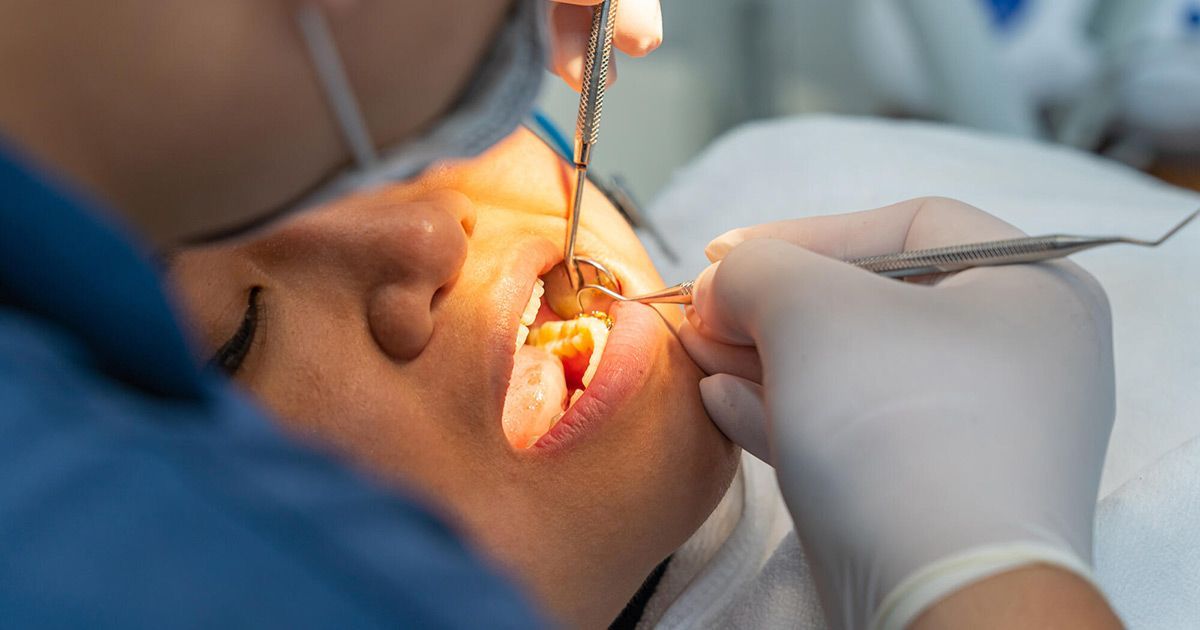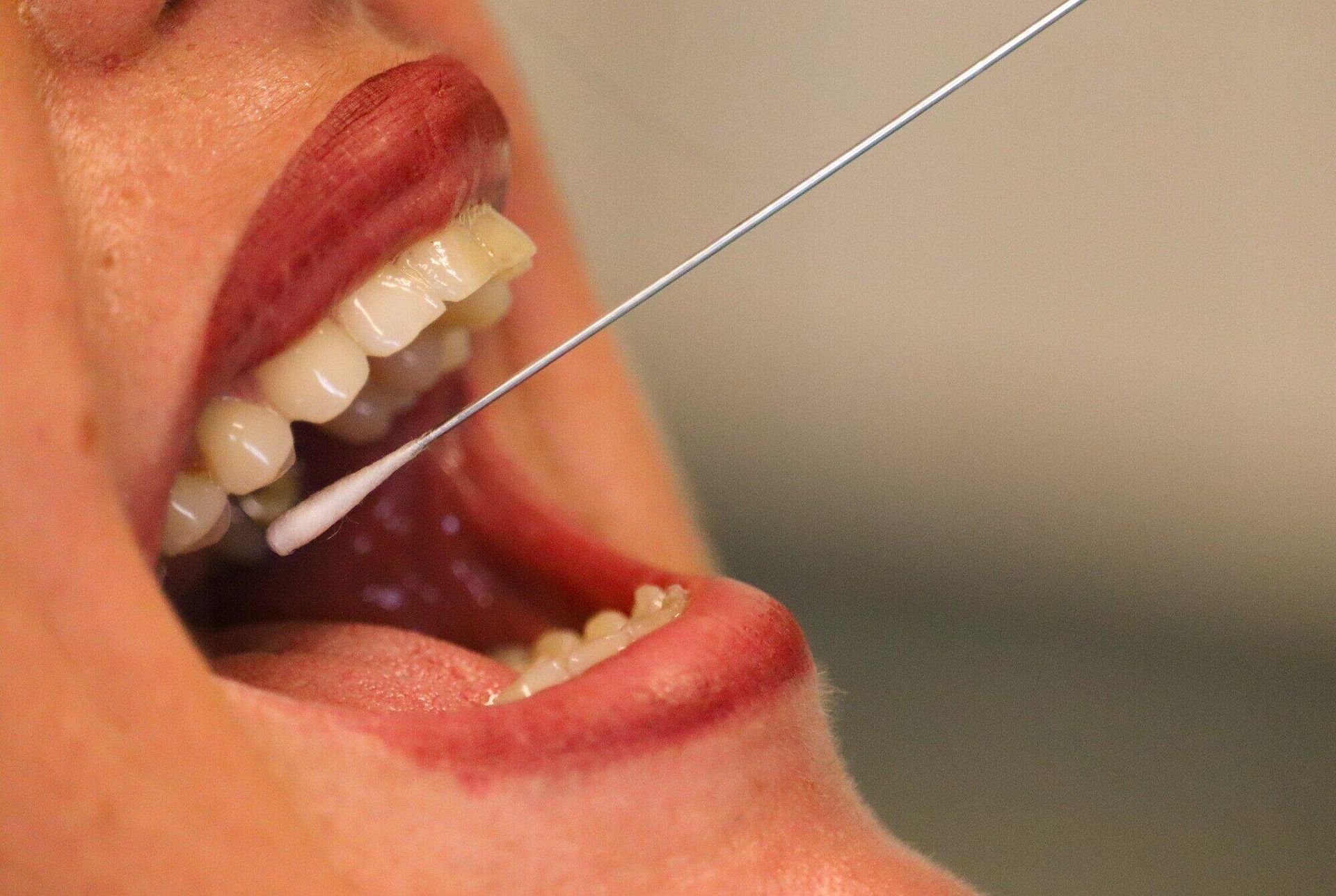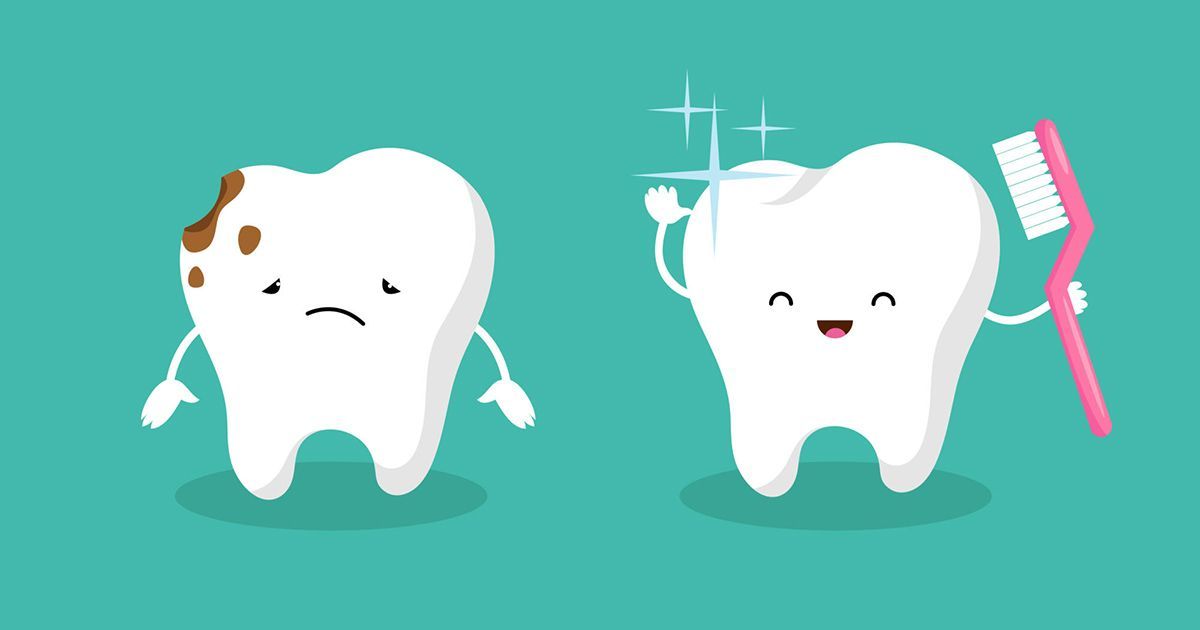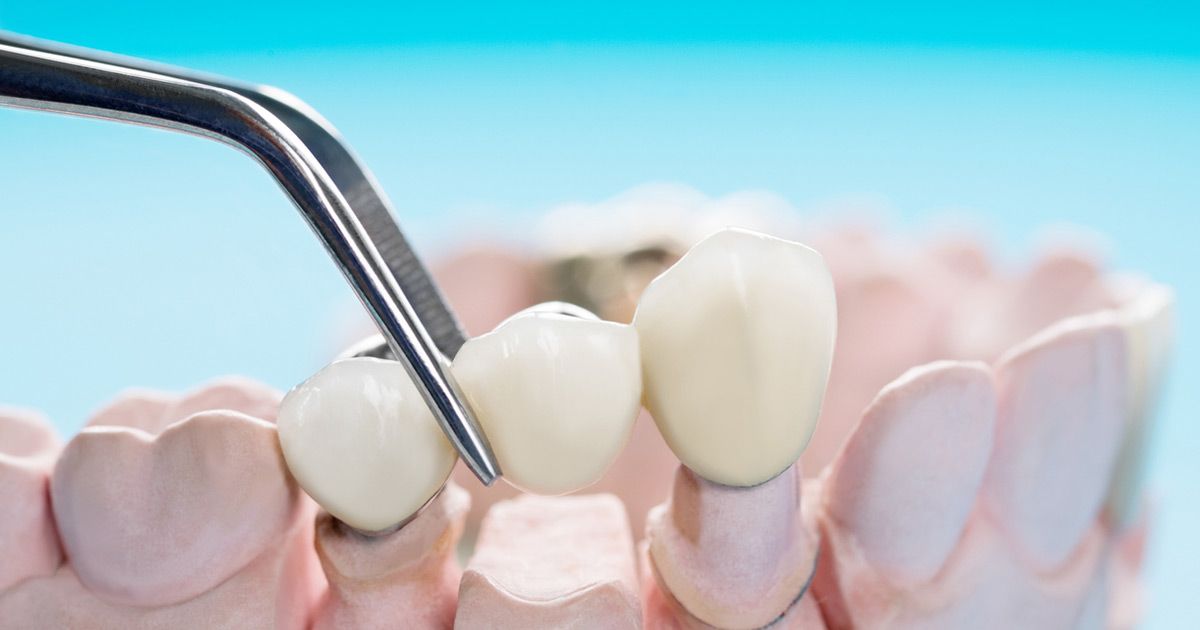Different Types of Oral Surgery Explained
Discover the different types of oral surgery explained in detail. Learn which procedures you might need and why.
Approximately 10 million wisdom teeth are extracted from about 5 million people each year in the United States. This highlights how one of the most common oral surgery procedures is a fundamental aspect of dental health care. But what other types of oral surgery should you know about?
The most common types of oral surgery not only address critical issues like impacted wisdom teeth and root canals. They also include a range of procedures designed to restore and enhance oral functionality and appearance.
Whether it's restoring functionality or alleviating pain, oral surgery can markedly improve your dental health and overall quality of life. Read on to explore how these procedures could be your first step towards a healthier, brighter smile.
Tooth Extractions
Tooth extractions are among the most common oral surgery procedures. There are two main types of dental surgery for extractions: simple and surgical.
Simple extractions are performed on visible teeth that can be removed with forceps, while surgical extractions involve teeth that may be:
- Broken
- Impacted
- Not fully erupted
Wisdom teeth extractions are a prime example of a surgical procedure and one of the most common oral surgeries. They often require removal because they can become impacted or crowd other teeth.
After the extraction, the recovery process is straightforward but requires care to avoid complications. For successful wisdom teeth removal recovery, patients must follow their dentist's advice on rest, medication, safe food to eat, and oral hygiene.
People may also need extractions if they have conditions like:
- Severe decay
- Gum disease
- Trauma
Dentists prioritize patient comfort by using
local anesthesia or sedation to minimize discomfort. After the procedure, they will provide an oral surgery guide with instructions on managing pain and preventing infection.
Dental Implants
Dental implants are a popular solution for replacing missing teeth. They provide long-term dental implant benefits and are known for their durability and natural appearance.
The implant process involves placing a titanium post into the jawbone, which acts as an artificial tooth root. Once the post integrates with the bone, a crown is attached to it to complete the restoration.
One of the key advantages of dental implants is their stability. Unlike dentures or bridges, implants do not slip or shift in the mouth. This stability enhances both eating and speaking abilities.
Another benefit is the preservation of jawbone health. When a tooth is lost, the surrounding bone can deteriorate over time. Implants help stimulate bone growth, which helps to prevent bone deterioration and maintain facial structure.
Wisdom Teeth Removal
Wisdom teeth removal is a rite of passage for many young adults. These third molars, located at the back of the mouth, often cause problems because there isn't enough space for them to grow properly. As a result, they can become impacted.
This can lead to:
- Pain
- Infection
- Damage to neighboring teeth
The removal of these teeth is a preventive measure to avoid potential complications.
Oral surgeons typically recommend removing wisdom teeth in the late teens or early twenties. This is before the roots are fully developed and the bone is less dense, which can lead to easier procedures and shorter recovery times.
During wisdom teeth removal, patients are usually sedated to ensure a painless experience. After the procedure, the recovery period varies, but most people return to their regular activities within a week.
A crucial part of the recovery involves careful attention to post-operative care. Patients should avoid certain foods and activities that might disrupt healing.
When eating after a tooth extraction, you should focus on soft foods that are easy to chew, such as:
- Yogurt
- Applesauce
- Mashed potatoes
This approach helps prevent irritation and allows the surgical site to heal properly.
Root Canal Surgery
Root canal surgery is a crucial procedure designed to save a tooth from extraction when its pulp becomes infected or inflamed. The tooth pulp contains nerves and blood vessels. These can become infected due to deep decay or trauma.
Common signs you need a root canal include:
- Severe toothache
- Prolonged sensitivity
- Swelling
During the procedure, the dentist removes the infected pulp and cleans the interior of the tooth. They will then fill and seal it to prevent further infection. In most cases, a crown is placed on top of the tooth after a root canal to restore its strength and function.
Root canal therapy has a high success rate and is a common oral surgery that helps patients avoid more invasive treatments like
extractions or implants. By saving the natural tooth, root canals maintain proper alignment and function within the mouth.
Gum Surgery
Gum surgery is a vital treatment for individuals suffering from periodontal disease, a severe gum infection that can lead to tooth loss if left untreated. There are several types of gum surgery.
These include:
- Gingivectomy
- Flap surgery
- Grafting
Each of them is tailored to address different aspects of gum disease. These procedures aim to remove infected tissue, reduce pocket depth, and promote healing.
Periodontal disease is often caused by the buildup of plaque and tartar on teeth. Early signs you need a root canal can also indicate the presence of gum disease, such as:
- Persistent bad breath
- Swollen gums
- Loose teeth
If nonsurgical treatments like scaling and root planing do not resolve the infection, then surgical intervention may be necessary. During gum surgery, dentists use specialized techniques to clean the roots of teeth and remove infected tissue.
Expert Care for All Types of Oral Surgery
In this article, we've explored various types of oral surgery that cater to both common and complex dental issues. From the removal of wisdom teeth to the intricate process of dental implants, these procedures can be necessary to maintain oral health and overall well-being.
At Simply Smiles, we pride ourselves on offering specialized oral surgery services, including maxillofacial procedures rarely offered in other local practices. We're proud to offer all PPO insurance coverage and personalized treatment plans so that the best dental care is accessible to everyone in our community.
Book an appointment today to make Simply Smiles your trusted partner in achieving a healthier and more confident smile.













